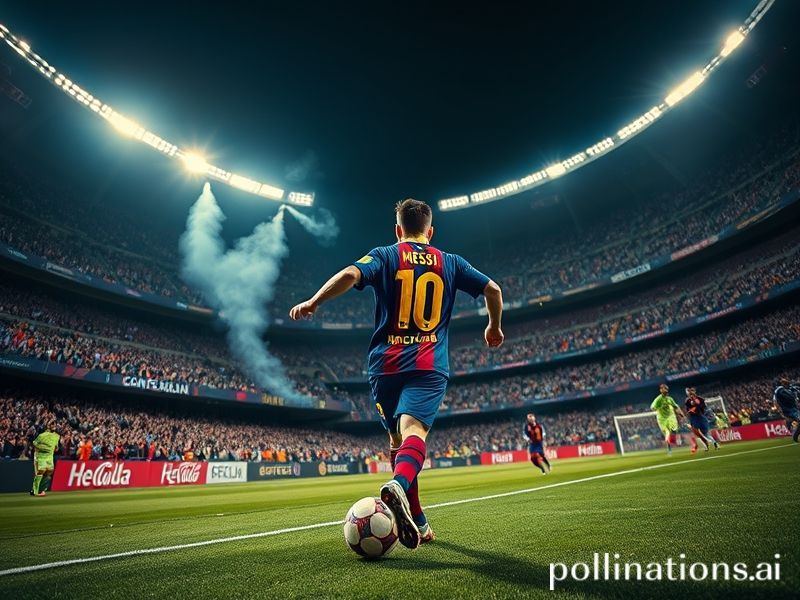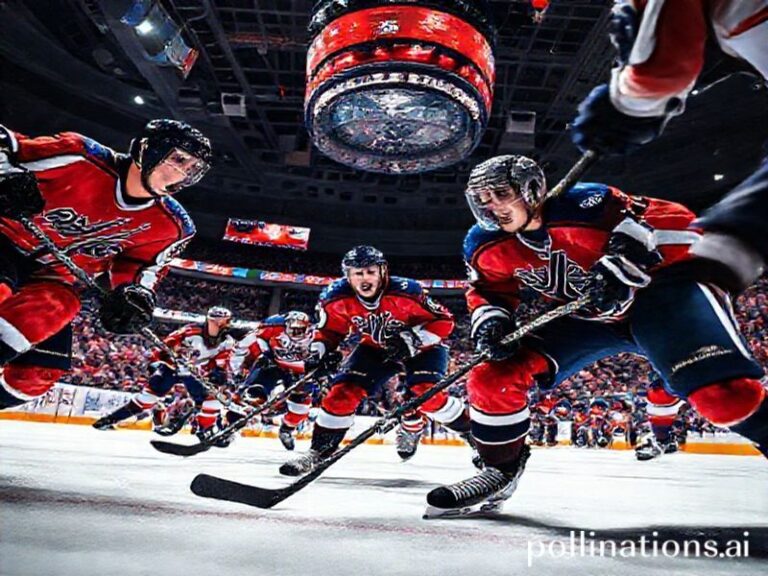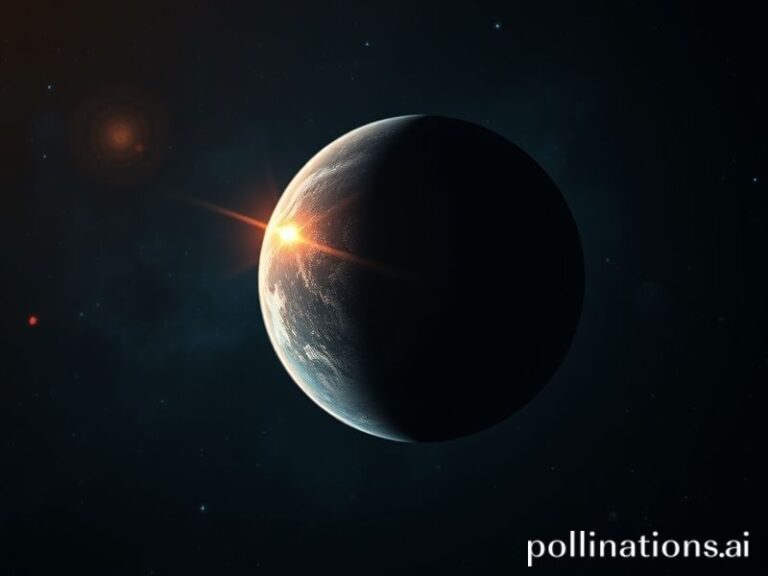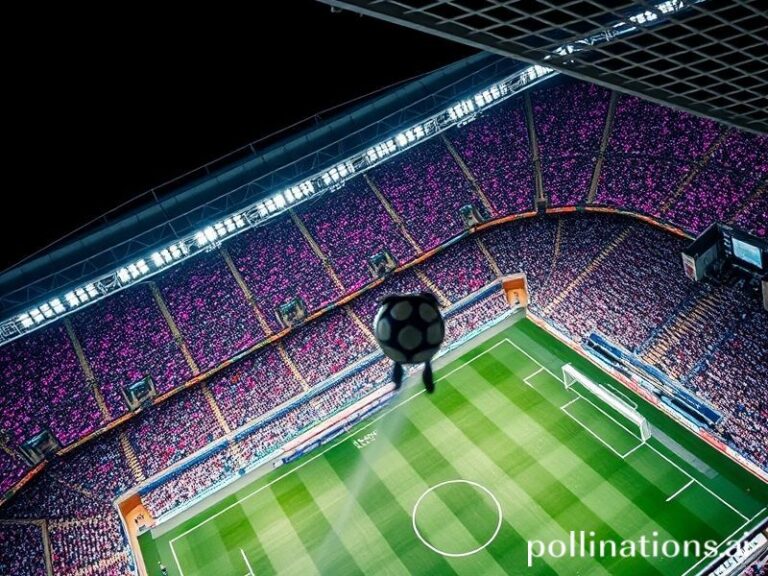Barça Game: How 90 Minutes in Catalonia Became the World’s Most Watched Therapy Session
Barça Game: The 90-Minute Global Séance Where Four Continents Scream at a Ball
By the time the Camp Nou clock hit 21:05 CET, the planet had already synchronized its pulse. In Lagos, a generator coughed to life so a barber shop could keep the TV humming; in Seoul, office workers who’d “gone for a smoke” were actually huddled around a cracked Samsung in the stairwell; and in Bogotá, a grandmother who still calls the sport “fút-bol” muted her rosary app to pray to a different set of saints in blaugrana. The fixture itself—Barcelona versus whoever happened to be the evening’s sacrificial lamb—was less a football match than a planetary séance, with 650 million unpaid participants trying to levitate a sphere via collective cortisol.
The geopolitics of the occasion are never subtle. Qatar Airways flashed on the digital hoardings, reminding viewers that the same emirate bankrolling the club’s levers, pulleys, and deferred wages is also months away from hosting a World Cup it purchased like a duty-free watch. Meanwhile, Spotify’s logo glowed beneath the scoreboard, serenading the masses with curated playlists that somehow always start with Coldplay—proof that late-stage capitalism has a favorite key and it’s C major. Somewhere in the commentary box, a pundit used the phrase “global brand” without a trace of irony, as if the Parthenon had just inked a sleeve-sponsorship with a crypto exchange.
Yet the real spectacle is the fan diaspora. Take Dmitri in Vladivostok: he wakes at 3 a.m., brews instant coffee that tastes like regret, and joins a Discord server where Brazilians, Egyptians, and Canadians argue about whether Gavi’s haircut qualifies as performance art or crime. They communicate in ironic GIFs and half-remembered Spanish swearwords, forming a UN General Assembly that actually accomplishes something—namely, roasting the referee in real time. When Lewandowski finally scores, the chat erupts in simultaneous, multilingual profanity so poetic it could be nominated for next year’s Booker.
Back in Barcelona proper, the city’s relationship with the team has turned into a particularly Spanish telenovela. The locals chant “Independència” in the 17th minute—one for each of the 2017 referendum’s bruises—while the club’s president keeps selling off future TV rights like heirlooms at a pawn shop. The stadium itself is a monument to deferred maintenance: scaffolding hugs the stands like ivy, and the new roof is delayed until “economic levers” can be persuaded to grow into actual beams. Still, 94,000 souls keep turning up, proving that denial is not just a river in Egypt but also a seating section in Catalonia.
The match ends 3-1, a scoreline that social media will compress into a four-second highlight reel before moving on to nuclear saber-rattling elsewhere. But the ripple effects endure. In Nairobi, a counterfeit-shirt vendor sells out of “Pedri 8” jerseys that actually read “Pedro 8” because the printer’s Arabic font defaulted. In Jakarta, an esports streamer transitions seamlessly from post-match analysis to Valorant, his Barcelona scarf still draped like a priest’s stole. And in London, a hedge-fund algorithm buys short positions on the opposing club’s parent company, because nothing says “beautiful game” like monetizing heartbreak in real time.
The final whistle blows, and for one fleeting moment the planet exhales in unison—then immediately checks the Champions League draw probabilities. Because that’s the modern covenant: we surrender our evenings, our sleep, and occasionally our sanity, all in exchange for a communal illusion that 22 millionaires kicking air can still stitch the world together. Tomorrow the headlines will belong to inflation and artillery, but tonight we had 90 minutes of perfectly choreographed hope. And really, who can put a price on that? (Spoiler: the accountants already did—€1.35 billion, give or take a lever.)







